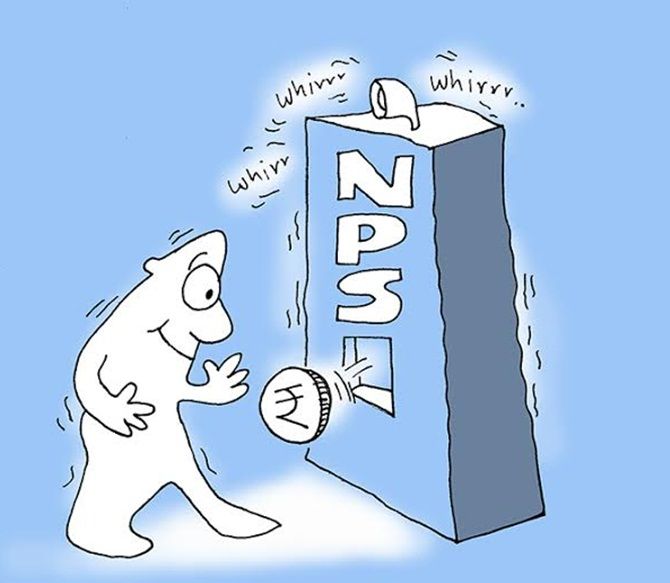Use a combination of the two options without which sufficient corpus can't be assured.

The Union Budget 2016 has brought the focus back on the two key instruments for retirement planning, the Employees' Provident Fund (EPF) and National Pension System (NPS).
In the absence of social security measures, salaried employees have traditionally had only EPF to build their retirement kitties.
The NPS, introduced in 2010 for all, has failed to address all the needs of retirees, despite the recent tax benefits.
That is why the proposed tax on EPF, later withdrawn, created substantial anxiety amid the salaried class.
In October 2015, Mercer, a firm specialising in retirement solutions, measured retirement systems in 25 countries.
The Indian system was ranked at the bottom, in the 2015 Melbourne Mercer Global Pension Index.
"Ideally, your post-retirement income should be 70-80 per cent of the last drawn salary. So, employees should have a combination of both EPF and NPS because sufficiency cannot be assured by one,'' says Anil Lobo, India business leader - retirement at Mercer. While EPF is mandatory for most private sector employees, one can open a separate NPS account and get tax benefits up to Rs 50,000.
Here's a look at the key features of these instruments:











